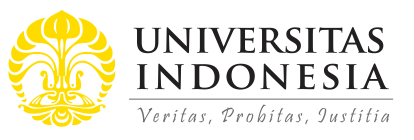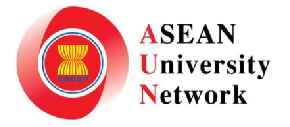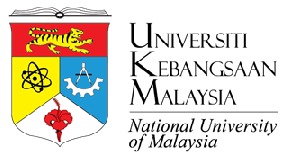
Abstract
In response to the demands of a changing educational system in the Philippines,this study sought to improve learning performance and faculty developmentthrough professional learning community engagement using a research lessonframework, a Japanese approach to professional development. The purpose is toidentify how effective research lessons and community engagement can be inimproving the quality of teacher and student performance. Using a narrativeinquiry approach within a research lesson framework with four classes of SocialDimensions of Education and pre-service teachers, the study results netted arich exchange of ideas, engaged student and teacher performance, anddeconstructed the privacy of lesson planning.
References
70-84, C. (2017, December). The Teacher and the Community, School Culture and Organizational Leadership. CMO 70-84 Series of 2017. Quezon City, Philippines.
CHED. (2004). Commission on Higher Education. Retrieved from ched.gov.ph: www.ched.gov.ph
CMO30. (2004). Commission on Higher Education. Retrieved from ched.gov.ph: www.ched.gov.ph
Dewey, J. (1909). The Means and End of Mental Training: The Psychological and the Logical. In J. Dewey, How We Think (p. 57). Boston: D.C. Heath & Co.
Dewey, J. (1980). Democracy & Education. The Middle Works, 1899-1924, Volume 9:1916. (J. A. Boydston, Ed.) London and Amsterdam: Southern Ilinois University Press. Retrieved May 28, 2018, from www.gutenberg.org.
Dewey, J. (2008). Education as Conservative & Progressive. In J. Dewey, Democracy & Education. Guttenberg. Retrieved March 12, 2018, from http://www.gutenberg.org/files/852/852-h/852-h.htm#link2HCH0006.
DuFour, R. (2004). What is a "Professional Learning Community?". Educational Leadership, 1-4.
Hord, S. M. (2009). Professional Learning Communities. JSD, 30 No. 1(Winter), 40-43. Retrieved December 12, 2017, from www.NSDC.org.
Lewis, C. (2000). Lesson Study: The Core of Japanese Professional Development. American Educational Research Association (pp. 1-47). Los Angeles: ERIC.
Lewis, C. (2011). National Academies.org. Retrieved from https://sites.nationalacademies.org/cs/groups/dbassesite/documents/webpage/dbasse_084385.pdf.
Makinae, N. (2010). Lesson Study Group. Retrieved from EARCOME5: http://www.lessonstudygroup.net/lg/readings.
Makinae, N. (2010). The Origin of Lesson Study. EARCOME5 Japan Society of Mathematical Education. Tsukuba, Japan: EARCOME5.
Mattar, J. (2010). The Comprehensive Handbook of Constructivist Teaching. USA: Information Age Publishing.
Piaget, J. (2001). the Place of Intelligence in Mental Organization. In J. Piaget, The Psychology of Intelligence (pp. 4 - 9). London: Routledge.
Schon, D. (1983). The Reflective Practitioner. (B. Michelsen, Trans.) Retrieved February 21, 2018, from https://www.sopper.dk/speciale/arkiv/book49.pdf.
UNE, P. a. (2016, August 4-5). Philippine National Research Center for Teacher Quality. Retrieved from https://www.pnu.edu.ph/rctq/
Wang Iverson as cited in Soledad Ulep et. al. (2014). In S. U. al., Lesson Study: Learning More Together, Growing in Practice Together. Quezon City: University of the Philippines National Institute of Mathematics Education.
Recommended Citation
Villaluz, Geraldine; Malonjao, Mariter; Trinidad, Carina; and Bojos, Marlon
(2018).
Community engagement in teaching-learning: A pathway to quality education.
ASEAN Journal of Community Engagement, 2(2).
Available at: https://doi.org/10.7454/ajce.v2i2.133







